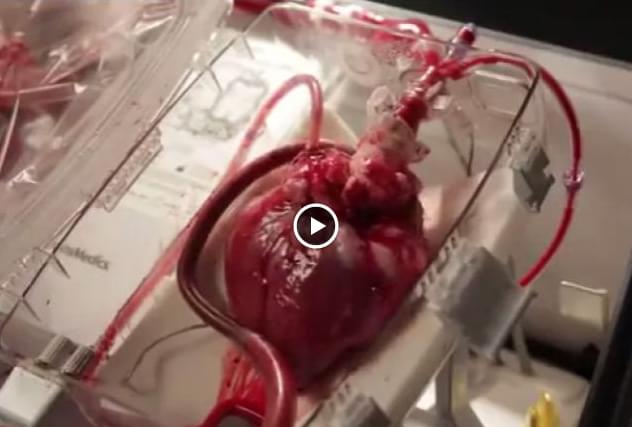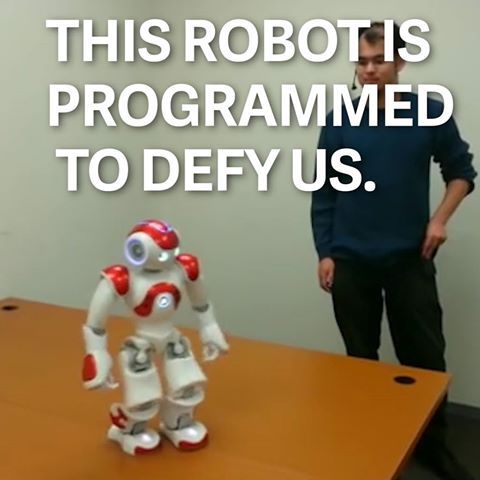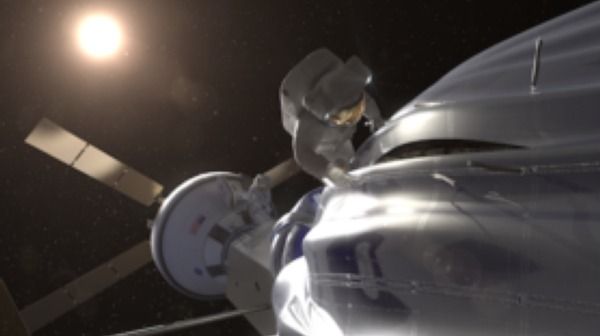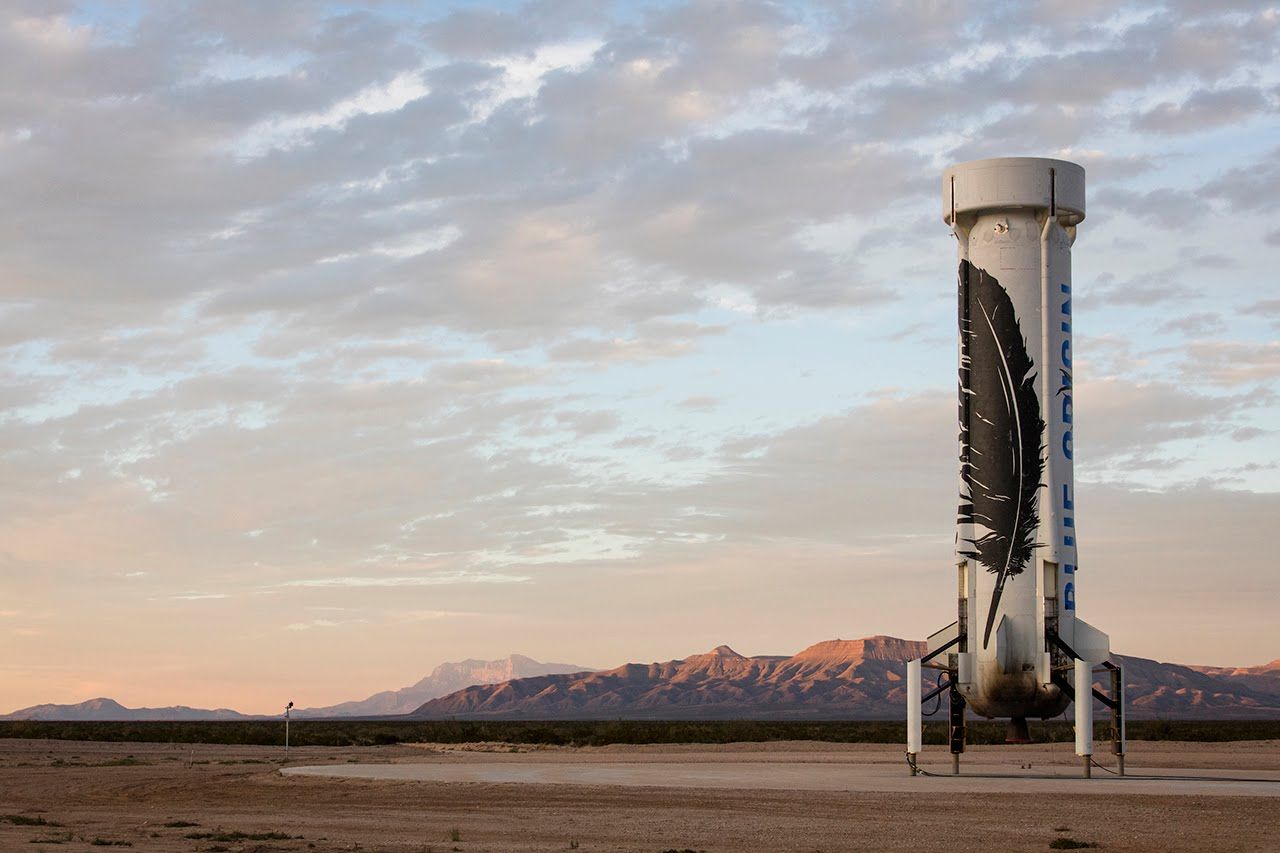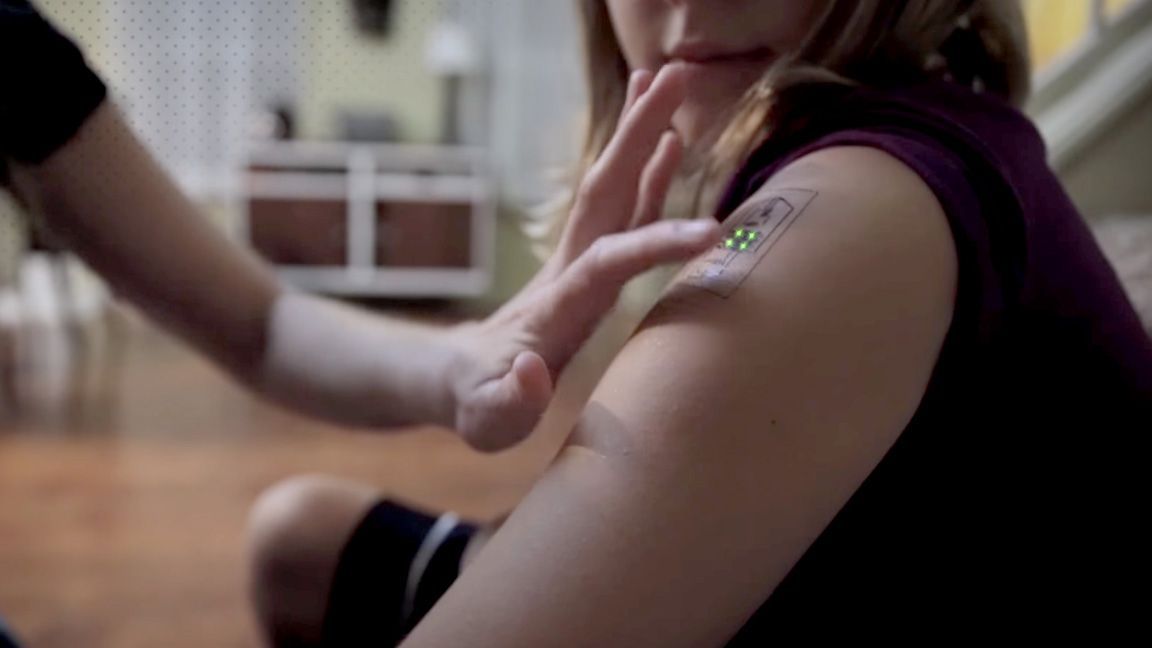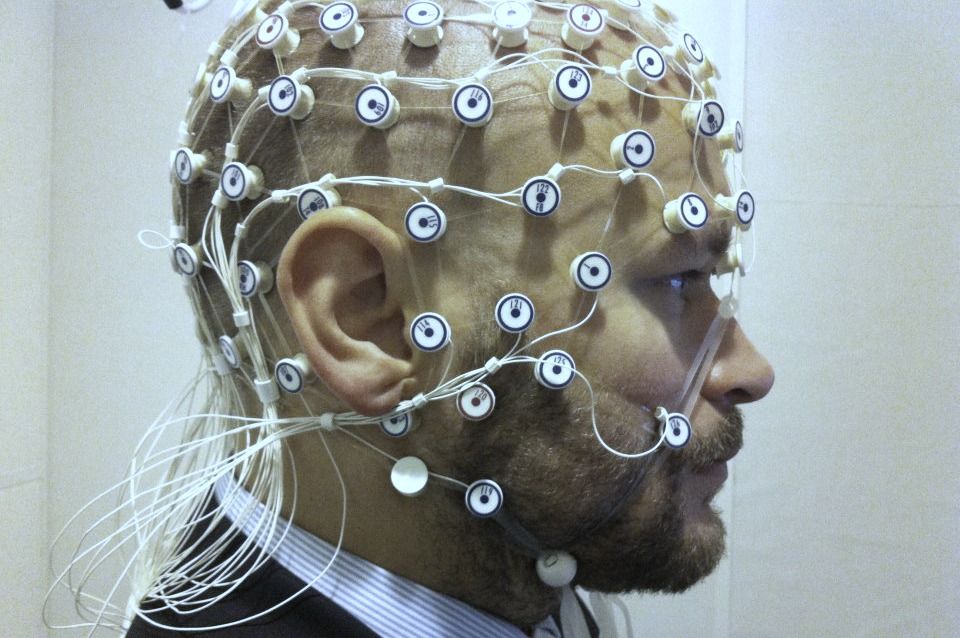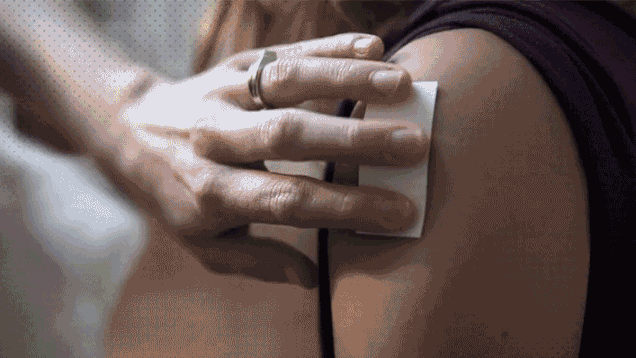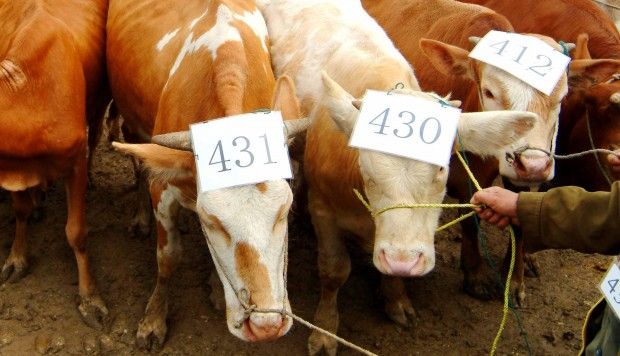Yeah that’s right, this is indeed a beating human heart in a box. It just seems to look a lot like Frankenstein, but this is probably one of the big revolutions that can definitely increase the amount of heart donors.
The system consists of a sterile chamber in which the heart is kept safe, oxygen supply and a couple of tubes that can be used to deliver blood and nutrients. This device is giving doctors the ability to use hearts that first couldn’t be used.
At first only heart beating donors could donate their hearts, so this boils down to the fact that only brain-dead donors we’re able to donate theirs. This is due to the fact that after your death the condition of your organs begins to decrease. Therefore it can be pretty dangerous to ‘install’ a new heart in a living patient.
